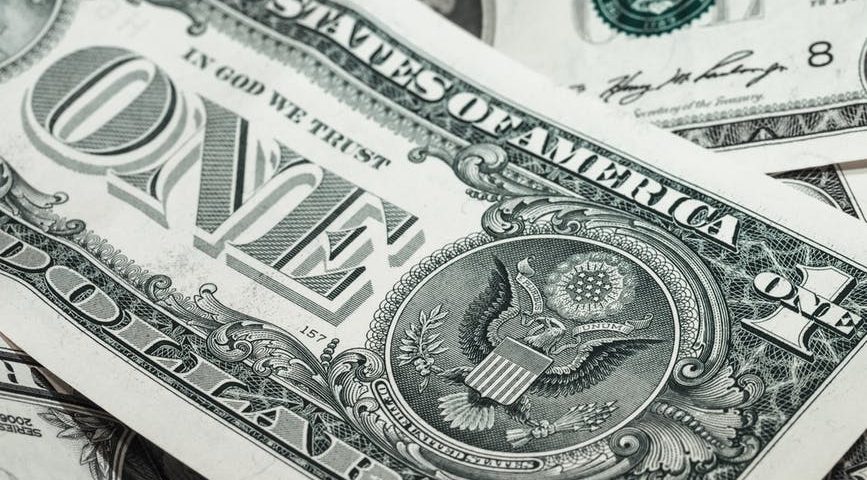Perfecting Your Personal Finance: Understanding How an Unsecured Loan Works

When Should You Consider Applying for Instant Cash Payday Loans?
January 7, 2023
The Best Way To Get Instant Cash for Your Car Repairs
January 9, 2023About 22% of American adults have a personal loan. There are many different types of loans, but unsecured and secured loans are two of the most common.
For most people, an unsecured loan might be a better option. But what is it, and what should you know?
Keep reading to learn all you need to know about applying for an unsecured loan.
What is an Unsecured Loan?
An unsecured loan is one of the most common types of personal loan. To apply for it, you don’t need to use collateral, and the loan money isn’t tied to any assets.
When you get an unsecured loan, the lender will check your credit score and the trustworthiness of your reports. They’ll expect you to pay back the loan according to the agreements.
Unsecured loans are high-risk, and banks take a lot of caution when they evaluate your credit. Lenders are interested in lending to people who they know will pay it back. That means they’ll look at your income, your credit history and report, and the history of making payments on time.
An unsecured loan isn’t backed by collateral, so they’re riskier. Because of this, banks will normally charge higher interest to make up for the difference. That’s because the lender is at more of a risk of losing money if you don’t pay back the loan.
There are some unsecured loans like treasury bill that doesn’t have a high-interest rate or ask for collateral. However, these can be challenging to get if you don’t have a good credit score.
How Do They Work?
These unsecured loans come from financial institutions. They’re given on the basis that you will pay back the loan with interest over a specific period of time. However, unsecured loans are different because you don’t need to put up collateral.
An unsecured loan is similar to taking out a credit card. However, these loans are different from personal loans because they have competitive interest rates and are installment loans. They are typically grated in three, five, or seven-year payback timelines.
Benefits of These Types of Loans
There are many different benefits of using unsecured loans when you’re comparing them to secured loans.
For example, not having to put up collateral is one of the biggest benefits. You won’t have to worry about losing your home or vehicle or anything else important if you can’t pay back the loan for some reason.
These loans also give you the freedom to use the funds on whatever you want. You can use it to renovate your home, pay for vacations, cover a funeral, or even pay off a debt that is high-interest.
These loans typically have a faster application process as well. That’s because they only need to verify your income and credit score and not the collateral. When you provide collateral for a loan, then the lender will have to take time to do research to confirm the asset’s value.
You could also see the potential positive side effect on your credit score as well. As long as you make your payments on time, then you could improve your credit score in the long run.
What Makes Them Different From Secured Loans?
These loans are different from secured loans because they don’t require collateral. Secured loans do sometimes come with a higher borrowing amount or a secured loan.
The income and credit requirements aren’t as high as well, but this is because they will consider collateral as well. If you can’t pay the secured loan, then the lender will take your asset.
For example, if you can’t pay your secured loan and you put up your house as collateral, then the bank could take your house to make back the money that you didn’t pay on the loan. With an unsecured loan, they can take you to court for the money you don’t pay back, but they can’t take any of your belongings.
However, the two things that these loans have in common is that missing these payments can really hurt your credit score. A bad credit score will make it harder to get a loan in the future.
How to Get One
Once you’ve picked the right lender for your unsecured loan, you’ll need to submit an application for it. You’ll have to include information on your details, assets, credit score, income, and debt.
Personal loan applications will often require verification of your identity and proof of income. This is just one step to making sure that you can pay back the loan.
Once you’ve submitted our application, they will need to do a hard credit check. This can hurt your credit score, so you should only apply for the unsecured loans that you really think you have a chance of getting.
The time between when you send in your application and get approved can be very quick, and sometimes you may even get the money in just twenty-four hours.
If you’re approved, you’ll need to send the lender your bank account’s routing and account number. Then, the money will be directly deposited into your account.
Discover More About How an Unsecured Loan Works
These are only a few things to know about how an unsecured loan works, but there are many other factors to consider.
We know that applying for loans can be stressful and overwhelming, but we’re here to help make it easy for you.
Check out our website to discover the right type of unsecured loan you should apply for.

